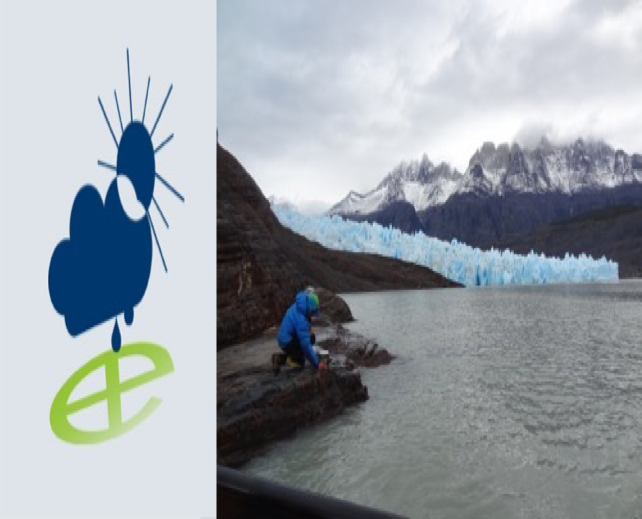Project page [UC]²
The BMBF funded research programme ‘Urban Climate Under Change (Stadtklima im Wandel)’ aims for the development, validation and application of building-resolving urban climate models for entire cities.
The Climate Geography group of the Humboldt University works in coordination with 9 partner institutes in Module A of the programme on the development of a modern, user-friendly, highly efficient, and high resolution urban climate model which allows simulations with building resolving grids ([UC]²: A-MOSAIK). The Climate-Geography group is also a project partner of the consortium in Module B consisting of 20 partner institutions spread across Germany to evaluate the model with existing and newly obtained three dimensional data sets ([UC]²: B-3DO).
Model based city planning and application in climate change
Subproject 5: Urban radiation and building parameterization
The goal of our sub project is to provide a parametrization of radiative fluxes at each urban surface element for a range of resolutions (1 m to 100 m) for use in the energy balance at the building surfaces and direct human radiative exposure. Furthermore, we will implement an effective building/street representation for coarser model resolutions (100 m).
Team
- Dr. Sebastian Schubert
- Dr. Eng. Mohamed Salim
- Prof. Dr. Christoph Schneider
- Prof. Dr. Tobias Sauter
Duration
- The duration of the project is 3 years: June 2016 to May 2019.
Funding
- The project is funded by the Federal Ministry of Education and Research (BMBF), BMBF funding code: 01LP1602A. The German Aerospace Center (DLR) Project Management Agency is providing the programme.


Cooperation parnters
Project partners of the consortium in Module A of the program [UC]²: A-MOSAIK within the research program [UC]²: "Urban Climate Under Change".
For project related publications, please see the climate geography publication list.
3D Observations of Atmospheric Processes in Cities
Sub-project 2: Semi-permanent URBan MOBIle Measurement System coupled to GIS-based Land Use Regression Modelling (URBMOBI-GIS)
The spatial and temporal variability of meteorological and air quality variables is evaluated in this sub-project. Three approaches are used: semi-permanent mobile measurements with URBMOBI 3.0, intensive observational periods and statistical models. This sub-project focusses on the city of Berlin.
The already existing URBan MOBIle sensor with the so far integrated temperature, pressure, relative humidity and global positioning sensors will be advanced to include air quality sensors for PM and NO2 to establish the semi-permanent mobile measurement system (URBMOBI 3.0) with high temporal resolution (5 s). The URBMOBI 3.0 will be placed on buses or trams to get a wide measurement network all over Berlin with data points from many locations.
Several measurement devices will be used in long term (>12 months) and intense observational periods (~ 2 weeks):
- URBMOBI 3.0 sensor
- Particulate matter (PM) and ultrafine particle (UFP) samplers
- Measurement van,
- Thermal load bicycle trailer
- Automatic Weather Station (AWS) and
- ECS (Eddy Covariance System)
The combination of instrruments will acquire data on the temporal and spatial distribution of air quality and human-biometerological conditions in Berlin.
Additionally, Land Use Regression Models (LURM) and Neural Network Models (NNM) will be used to evaluate
- If LURM or NNM provide competitive approaches for low-cost modelling of spatial variabilities of basic atmospheric and air quality variables and
- To test evaluation procedures for modelled values through measurements.
Team
Duration
- The duration of the project is 3 years: June 2016 to May 2019.
Funding
- The project will be funded by the Federal Ministry of Education and Research (BMBF), BMBF funding code: 01LP1602A. The German Aerospace Center (DLR) Project Management Agency is providing the programme.


Cooperation parnters
- Project partners of the consortium in Module B of the program [UC]²: B-3DO im Forschungsprogramm [UC]²: "Urban Climate Under Change".
Publications
- The final report for the 3DO project was published on the TU Berlin website.
- For further project related publications, please see the climate geography publication list.

